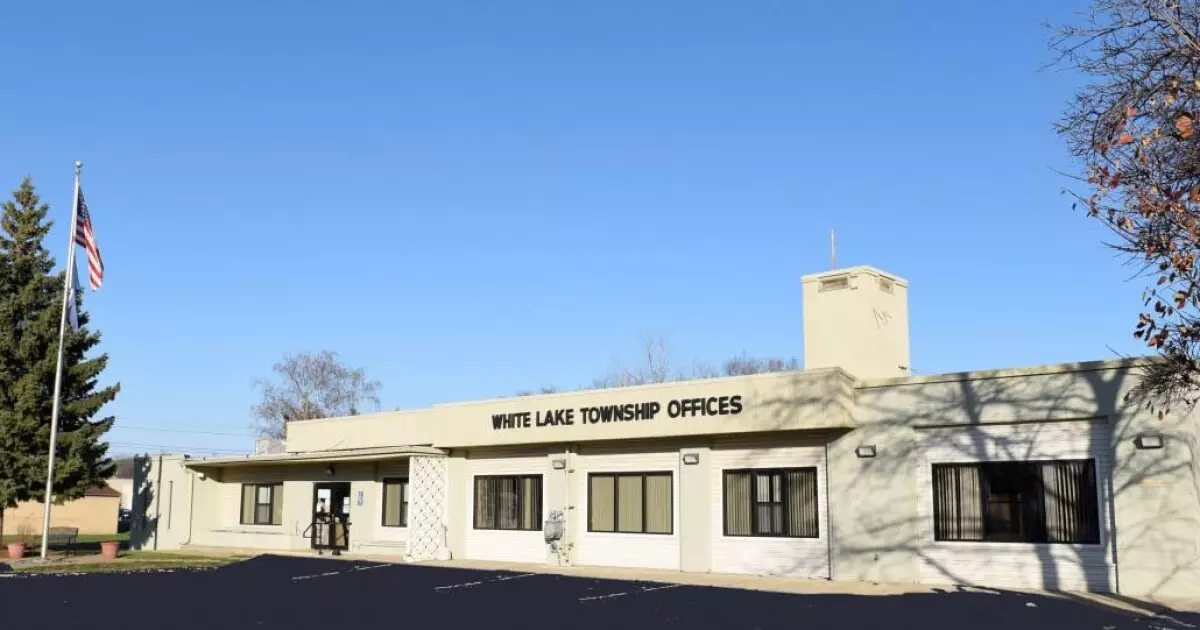In November 2023, White Lake Township faced a significant challenge when it was revealed that a cybersecurity breach had disrupted the conclusion of a $29 million bond sale. This unfortunate incident arose when a malicious actor gained unauthorized access to a township official’s email, subsequently impersonating that individual to issue fraudulent wiring instructions for the bond proceeds. As a result, the township found itself in a precarious financial position, having canceled its anticipated bond issuance without ever receiving any funds.
Police Chief Daniel Keller confirmed that the mishap occurred during an ill-fated negotiation with Robert W. Baird, who won the competitive bid for the Series 2024B limited tax general obligation bonds on October 31. The eventual fallout left a significant mark on the community’s financial standing and raised alarms about cybersecurity vulnerabilities within municipal finance operations.
Despite the setback, White Lake Township is making strides to recover from the hack and restore its financial standing. The township’s treasury office, led by Treasurer Mike Roman, confirmed an active pursuit of new bond issuance, shifting away from the previously competitive sale structure to a negotiated sale. This switching strategy highlights the township’s desire to adapt and learn from the unfortunate event, ensuring that the upcoming bond sale is handled in a manner less susceptible to similar vulnerabilities.
In this new approach, Stifel and JPMorgan have been designated as lead managers, while Baker Tilly serves as municipal advisor and Dickinson Wright as bond counsel. The township’s proactive measure to engage these reputable firms reflects a dedication to instilling confidence among stakeholders and mitigating potential risks.
The preliminary official statement (POS) issued by the township detailed the circumstances surrounding the hack and the ongoing efforts to recover lost funds. Baird has reportedly recovered approximately $21.3 million of the $29 million initially wired to the fraudulent account. However, this recovery does not eliminate the possibility of further legal repercussions or claims that may emerge as investigations continue. Legal counsel has already reserved the right to pursue potential claims, indicating that the repercussions of the cyber incident may continue to unfold.
As White Lake Township navigates these uncharted waters, the incident exemplifies a growing concern in the public finance sector. According to experts like Omid Rahmani of Fitch Ratings, cybersecurity threats have evolved significantly over the past years, necessitating comprehensive risk assessments and the establishment of industry-wide best practices to safeguard against similar incidents in the future.
The White Lake Township case serves as a critical reminder for municipal entities to take cybersecurity seriously. Enhanced measures, as suggested during the recent Government Finance Officers Association conference, are imperative as fraudsters become more adept at exploiting weaknesses in financial systems. Experts emphasize that cyber threats in public financing are increasingly prevalent, such as through phishing schemes or unauthorized access to sensitive information.
Furthermore, agencies like Standard & Poor’s Global Ratings have highlighted the importance of a robust cyber insurance policy. White Lake Township had acquired a policy through the Michigan Municipal Risk Management Authority, which will cover certain legal and investigative costs stemming from the attack. This strategic move indicates a forward-thinking approach to risk management within a realm that is still often overlooked.
As White Lake Township moves forward with plans to issue the Series 2025 taxable general obligation bonds, they aim to utilize the proceeds for crucial community projects, including the establishment of a new public safety headquarters and civic center. The projected timelines are ambitious, but the township seems focused on rebuilding trust among investors and community members alike, showcasing their resilience in the face of adversity.
White Lake Township is taking crucial steps to recover from the unfortunate hack that undermined its previous bond issuance. By adapting their bond sale strategy and reinforcing cybersecurity protocols, they are working diligently to restore their financial footing while simultaneously enhancing stakeholders’ confidence. This case shines a light on the pressing need for municipalities nationwide to prioritize cybersecurity as they navigate the complexities of public finance in an increasingly digital world.

